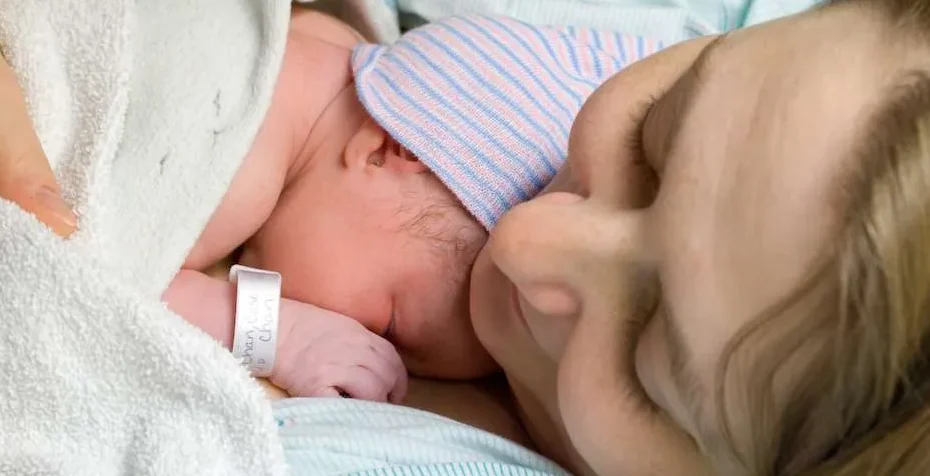
Introduction to Postpartum Wellness
Postpartum wellness is a topic that has gained immense attention in recent years, and rightly so. The period following childbirth can be both rewarding and challenging, with many new mothers grappling with physical, emotional, and psychological changes. This article delves deep into caring for oneself during this pivotal time, ensuring both the mother’s and the baby’s wellbeing.
Understanding the Postpartum Phase
The postpartum phase, often termed the “fourth trimester,” is a unique period spanning the months following childbirth. It’s a time of immense transition where the body heals, hormones fluctuate, and new mothers adapt to their new roles. Understanding the intricate changes and challenges of this phase can make a world of difference in navigating it smoothly.
The Physical Changes After Birth
After giving birth, a woman’s body undergoes a series of transformations. From the shrinking of the uterus to the healing of the birth canal, these changes are nature’s way of helping the body revert to its pre-pregnancy state. However, it’s essential to be gentle and patient during this recovery process.
Emotional and Mental Wellbeing Post-Birth
While the physical changes are often evident, the emotional and psychological changes can be more subtle yet profound. Many mothers feel a mix of joy, anxiety, and sadness. Recognizing and addressing these emotions is paramount for overall postpartum wellness.
Read more about postpartum depression and its signs
Navigating the Postpartum Experience
Postpartum is a journey, one filled with highs and lows. By arming oneself with knowledge, seeking support, and prioritizing self-care, this period can be navigated with resilience and grace.
Postpartum Wellness: Caring for Yourself After Birth
Self-care is pivotal during the postpartum phase. From ensuring adequate nutrition to engaging in gentle exercises, looking after oneself ensures that new mothers have the energy and health to care for their newborns effectively.
Reconnecting with Your Partner
With a newborn in the picture, the dynamics between partners can shift. It’s essential to communicate, understand, and support each other during this new phase, ensuring the relationship remains strong.
Conclusion: Embracing the Journey of Motherhood
While the postpartum phase comes with its set of challenges, it’s also a period of unparalleled growth and discovery. By focusing on wellness and self-care, new mothers can set the stage for a fulfilling journey into motherhood.
FAQs
What is the postpartum phase? The postpartum phase, often referred to as the “fourth trimester,” is the period following childbirth, usually encompassing the first few months. It’s a time of physical recovery for the mother and bonding with the newborn.
How long does the postpartum period last? While the most intense changes and recovery occur in the first six weeks after birth, many consider the postpartum period to last up to a year, as the body and mind continue to adjust.
Is it normal to feel emotional after giving birth? Yes, many women experience a range of emotions post-birth, from joy and elation to anxiety and sadness. It’s essential to speak about these feelings and seek support if they become overwhelming.
How can I support my partner during the postpartum phase? Open communication, understanding, and offering practical help – such as sharing baby care duties and ensuring the mother gets rest – can be invaluable.
Are postpartum exercises safe? Yes, with a doctor’s clearance. Gentle exercises can help with recovery, enhance mood, and boost energy levels.
When should I seek professional help post-birth? If physical symptoms persist or if emotional and mental feelings become overwhelming, it’s essential to consult a healthcare professional.

